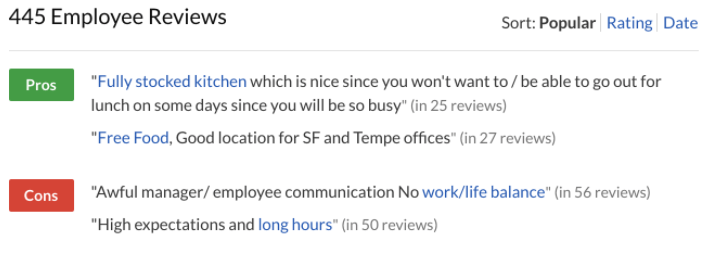Why You Should Get Good At Being Miserable

Humans tend to run towards pleasure and away from pain.
Unfortunately, life has a sick sense of humor and many of its big rewards require lots of short-term suffering. A great career, good health, a big pile of money - those things things usually require us to do not-fun things today in exchange for more fun in the future.
But, we often opt for comfort in the short-term instead of creating long-term value.
Our love of short-term pleasure is tragic. Think:
How many great books haven’t been written because the would-be author couldn’t suck it up and be lonely for a few weeks?
How many great companies haven’t been started because the would-be founder couldn’t handle short-term uncertainty?
How many great ideas are forever lost inside people who’d rather not be a target of criticism?
How many of our 10-year-old selves would find our current selves to be cowards?
Too often, our culture holds “balance” as a virtue without being realistic about how much further a less-balanced version of ourselves might go.
We’re told to avoid things that make us unhappy, because, duh, who wants to be unhappy?
Consider the following (real) Glassdoor summary of a very popular tech company in San Francisco:

The reviewers are essentially saying, “this place has horrendous leadership, communication, and hours, but they have tons of free snacks.”
Taken further, “even a situation like this is less miserable than finding another job or trying to start my own thing.”
That’s how much we want to minimize suffering: we’ll trade our dreams for sandwiches.
In a world in love with comfort, being good at being miserable is a superpower.
As the wonderful Steven Pressfield once observed:
“The artist must be like that Marine. He has to know how to be miserable. He has to love being miserable. He has to take pride in being more miserable than any soldier or swabbie or jet jockey. Because this is war, baby. And war is hell.”

